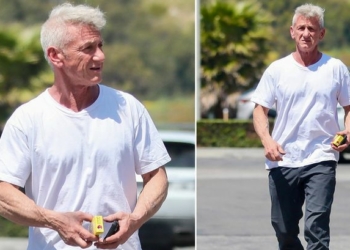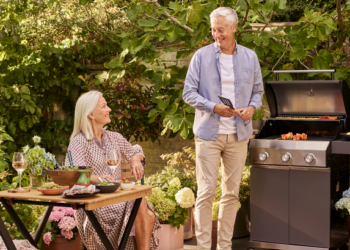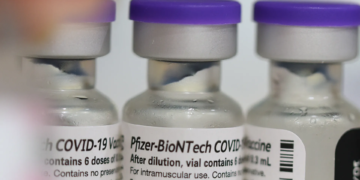The AstraZeneca COVID-19 vaccine – the jab most Australians will receive – appears to reduce transmission of the coronavirus, according to a new paper.
The Oxford researchers concluded that their vaccine “may have a substantial impact on transmission by reducing the number of infected individuals in the population.”
Reports suggest this is the first time a COVID-19 vaccine has been shown to stop the spread of the virus – a breakthrough the UK government has hailed as “absolutely superb”.
The news certainly goes some way to shoring up faith in the AstraZeneca vaccine after complaints from Australian doctors groups that it was a dud. (In fact it has been shown to be as effective in preventing serious disease as the much-lauded Pfizer vaccine.)
But these are early results and the work has not been peer-reviewed. The paper was published as a pre-print in The Lancet.
How did they make this discovery?
The paper’s main focus was establishing the most effective dosage regimen, and the data indicating that the vaccine slows transmission of the virus apparently went against expectations for the Oxford researchers.
Trial participants, having been vaccinated, were swabbed every week to detect signs of the virus. The logic regarding transmission was simple: if there was no virus present, even if someone is infected, the virus cannot be spread.
As the authors explained it in their paper:
“While transmission studies per se were not included in the
analysis, swabs were obtained from volunteers every week in the UK study, regardless of symptoms, to allow assessment of the overall impact of the vaccine on risk of infection and thus a surrogate for potential onward transmission.
“If there was no impact of a vaccine on asymptomatic infection, it would be expected that an efficacious vaccine would simply convert severe cases to mild cases and mild cases to asymptomatic, with overall (COVID testing) positivity unchanged.”
In other words, the vaccine was expected to reduce the severity of disease (which it does) without affecting rates of infection, as measured by testing. But that hasn’t occurred.
The researchers found that “a single standard dose of the vaccine” reduced positive swab results by 67 percent.
“We now know that the Oxford vaccine also reduces transmission and that will help us all get out of this pandemic,” UK Health Secretary Hancock told the BBC.
He said the trial results “should give everyone confidence that this jab works not only to keep you safe but to keep you from passing on the virus to others.”
Mr Hancock’s excitement is understandable – but further analysis of the data, and further testing, is required to validate these promising findings.
Other encouraging findings
The Oxford researchers also found that a single dose of the vaccine was 76 percent effective at preventing the COVID-19 disease – and these results were found in trial participants three months after the first shot was given (not including an initial three-week period needed for protection to take effect).
This lends support to the idea that giving a single dose of the vaccine to as many people as possible – instead of hoarding the vaccine to provide second doses to initial recipients – is a viable strategy.
It’s also a much needed one given the slow rate of manufacturing – and the European Union confirming it will control coronavirus vaccine exports, including to Australia.
According to the new paper, the AstraZeneca vaccine appears to be more effective when the interval between the two shots is longer than the originally intended four-week gap.
For trial participants who were given two doses at least three months apart, the vaccine was 82 percent effective. For participants who received two doses less than six weeks apart, the vaccine was rated 55 percent effective.
The researchers concluded that a three-month gap between doses “may be the optimal for rollout of a pandemic vaccine when supplies are limited in the short term.”










:quality(70)/cloudfront-eu-central-1.images.arcpublishing.com/irishtimes/CGYPT6WE7VAO3KJ773SHUVMVBY.jpg?resize=1200,630&ssl=1)



